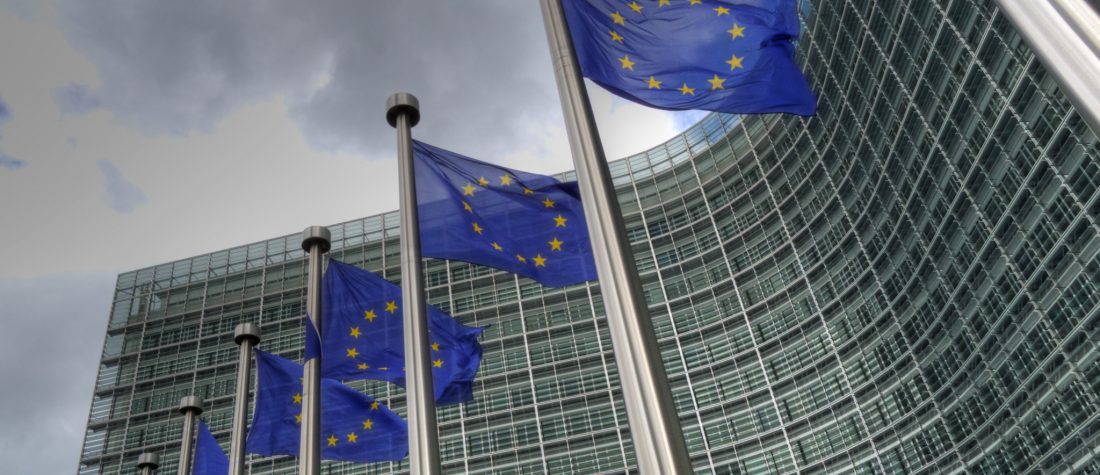For years, the illicit trade of captagon, an amphetamine-type stimulant, in the Middle East and Mediterranean has exploited gaps in governance, ongoing conflict, human security, and public health. The trade’s evolution into an industrial-sized industry–estimated to be worth over $10 billion–has been aided by active participation of actors closely aligned with Syria’s Assad regime, Hezbollah, and Iran-aligned militias operating in the Levant. As the trade has targeted demand markets in the Arab Gulf–all while traffickers have tried to carve out new markets in Africa, the Levant, and Europe–the Syrian regime and its Iran-aligned partners have used the trade’s revenues as a lucrative alternative revenue stream to undercut the effects of sanctions.
Until recently, the captagon threat flew well under the radar of governmental institutions, particularly the US, the UK, and the EU. However, in December, 2022, the US passed a landmark bill establishing an interagency counter-captagon strategy, the US’ Office of Foreign Assets Control (OFAC) and the UK’s Foreign Commonwealth and Development Office (FCDO) have jointly designated sanctions on captagon traffickers, and governments are beginning to apply additional pressure on the regime and its partners for involvement in the illicit captagon trade. And now, the European Union has, too, placed sanctions on actors aligned with the Syrian regime and the captagon that has undermined security, health, and governance in the Middle East, with signs that it is incrementally making its way into Europe. On April 24, the EU implemented Regulation 2023/844, adding 25 individuals and seven companies, security arms, and foundations affiliated with sponsoring captagon production and/or trafficking to its preexisting sanctions list.
The announcement came just weeks after the US and UK announced joint sanctions designations, where the US’ Office of Foreign Assets Control (OFAC) imposed sanctions on four Syrians while the the UK’s Foreign Commonwealth and Development Office (FCDO) imposed sanctions on nine Syrians, all directly employed, closely aligned, or related by blood with the Assad regime. Both the UK and the US also designated sanctions on Lebanese individuals aligned with both the Syrian regime and Hezbollah, Noah Zeiter and Hassan Mohammad Daqqou, who have played key roles in coordinating with Syrian Fourth Division forces and facilitating captagon shipments through Lebanese ports.
However, the EU’s sanctions designations stand as–thus far–the most extensive punitive governmental measure against captagon actors, with an enhanced focus on the trade’s prominence amongst Syrian regime officials, relatives, and allies and their nexus with ongoing war crimes and circumvention of Western sanctions. The list presents a comprehensive look into the extensive network of illicit captagon production in addition to shell companies and foundations such as the Neptune Overseas Limited LLC, the Areen Foundation, and the Castle for Security and Protection that have facilitated captagon’s regional expansion in the Middle East, Africa, and Europe.
The EU has positioned itself as a notable leader on counter-captagon efforts and should build momentum to establish a more concrete counter-captagon strategy with the US, UK, and partners in the Middle East. And the EU has an element of a home-field advantage in further cracking down on captagon traffickers in Syria, Lebanon, and the Middle East, with evidence of growing illicit networks in Italy, Austria, the Netherlands, and other countries working with regime-aligned captagon traffickers. Court systems in Germany have additionally compiled evidence of these extensive captagon trafficking networks through the trial of two Syrians that used a Bavarian warehouse for captagon trafficking with connections to networks in Lebanon, Syria, Turkey, and Saudi Arabia.
Sanctions have been a smart step that the US, UK, and EU have taken to improve accountability amongst regime-aligned captagon agents, particularly as Middle Eastern governments are seeking to normalize with Damascus and have put captagon coordination at the top of the agenda. It’s important that Western countries begin offering regional partners improved support and resources to prevent the trade’s geographical expansion, while supporting regional collaboration avenues that can reduce supply and demand long-term.
Caroline Rose is the Director of the Strategic Blind Spots Portfolio at the New Lines Institute, where she leads two special projects, the Project on the Captagon Trade and Project on Post-Withdrawal Security Landscapes.


